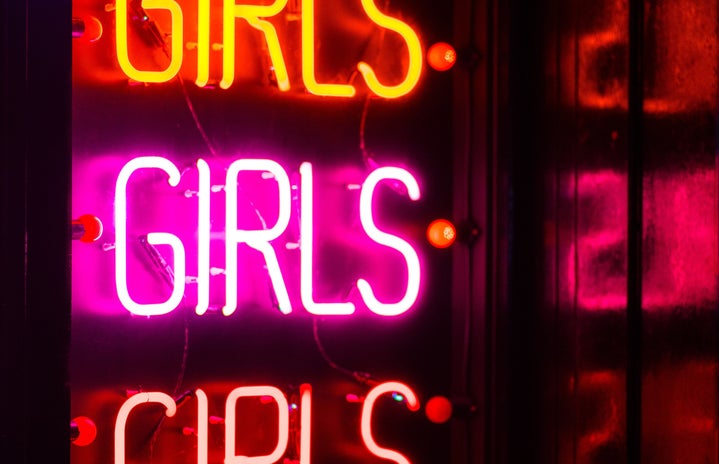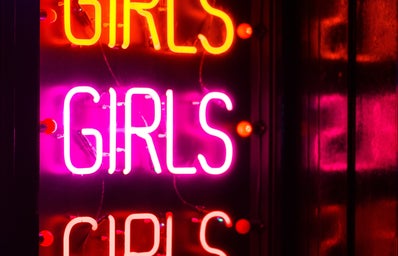Screenwriting is one of my favorite things in the world. I have always been obsessed with TV and film, and have dreamt of being able to tell my own stories in a style I love. In college, I’ve taken a lot of classes on the subject, learning how to craft characters and tell meaningful stories. As much as I’ve loved those lessons, I’ve learned something else—being a female screenwriter can be a really complicated role. As a female writer, there are automatic disadvantages in a writers’ room. Your stories are often told they are less relatable, people assume you’re less funny than your male counterparts, and (the one that affects me most) is that you sometimes feel compelled to work too hard to prove that you’re worth being taken seriously.
As much as I want to say I don’t care what people think of what I write, of course I do! Presenting in front of professors and classmates is nerve-wracking, and you are bound to hope for positive feedback no matter how much you love your own pieces. Especially as a woman, you want to feel validated in your intelligence and validity as a creator. However, I think this determination to be seen as mature and serious by peers can be an inhibitor to creativity and even worse, joy.
I know that I want to tell stories that focus on young women and the challenges they face—it matters so much to me to do so. Issues with baes, body image, and besties are pretty universal experiences, and they deserve to be done justice with truthful storytelling. And for a while, they were. The golden age of teen movies—envision She’s the Man or Mean Girls—told female-centered stories full of wit and heart. Women were in the lead, and they were allowed to be complex, flawed, funny, and fierce all at once.

It’s not to say that all the recent changes in our media are bad. The early 2000s missed the mark on a lot of things, especially and awfully on the basis of diversity and inclusion. A lot of our old favorite flicks have jokes that we would now find uncomfortable, and only highlight a very small portion of our population. But this is the problem! As our world changes, shouldn’t this genre evolve too? Why did it get abandoned instead?

It makes me sad that girls growing up now will have to rely so much on movies from before they were born. Movies that my generation is still rewatching. That’s the other side of this coin. The whole world seems to know the significance of things like October 3rd, the iconic-ness of one matching yellow plaid suit, and the story of how one pink-clad queen got into Harvard (“What? Like it’s hard?”) These movies weren’t barely-known cult classics, they were cultural phenomena. And to discredit their validity is to discredit the power, influence, and importance of young women.
I’ve sworn to never make that mistake. I will sit in every writers’ room and present these stories with a modern touch. I will be laughed at and looked down on—I have been laughed at and looked down on—but I refuse to let that spark die out forever.
One day, one day soon, I hope we see media that encourages girls to support girls in the most beautiful way we know how: at a sleepover, doing facemasks, one of those movies playing as we quote every line, truly understanding that together we are so much stronger than we ever were apart.
I hope we remind girls that they’re so important—main character important.
Want to keep up with HCBU? Make sure to like us on Facebook, follow us on Instagram, check out our Pinterest board, and read our latest Tweets!



